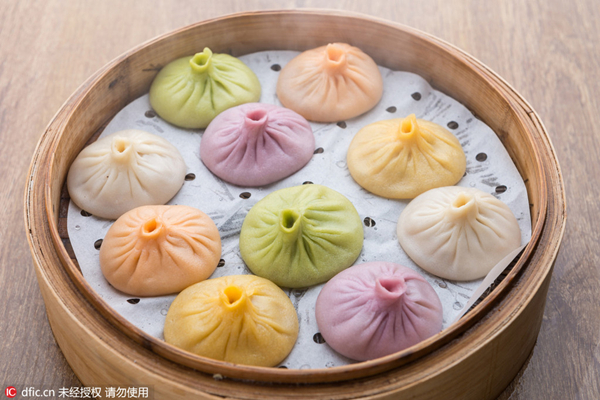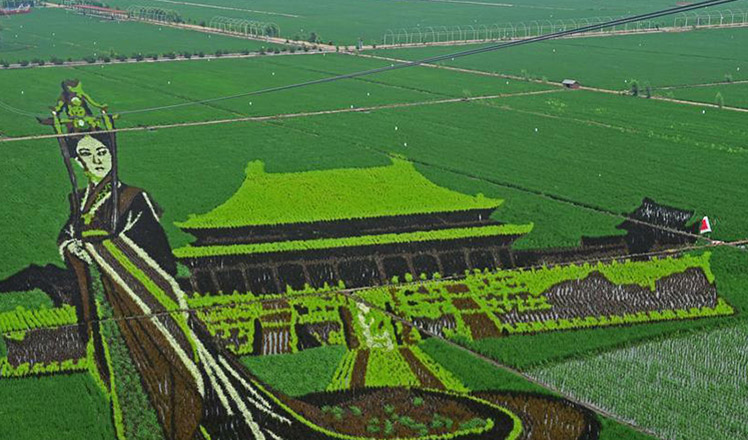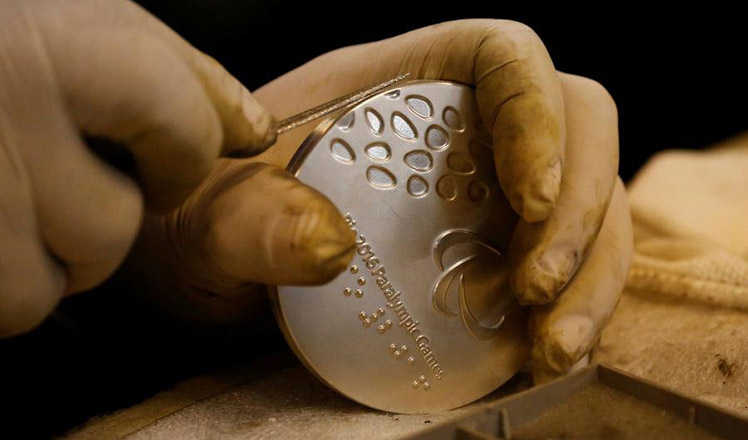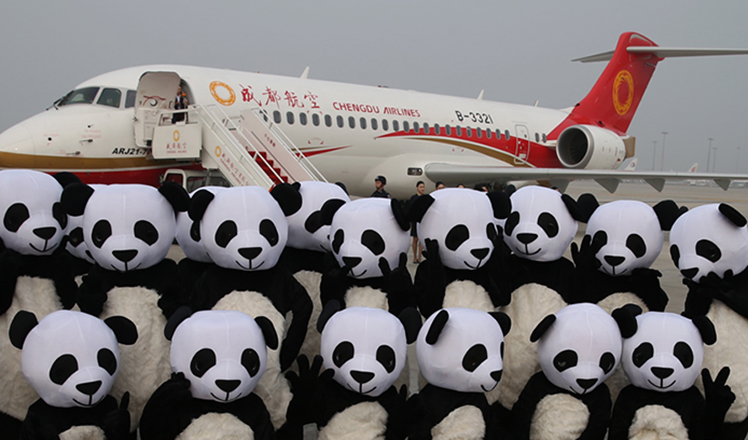Hangzhou baozi takes US by storm
Updated: 2016-06-30 14:57
By Ruan Fan(chinadaily.com.cn)
|
||||||||
 |
|
A basket of colorful baozi. [Photo/IC] |
Americans have been licking their lips over the Chinese crepe, or jianbing, and now another savory Chinese food– the baozi, or stuffed bun – is about to follow suit.
As reported by the Qianjiang Evening News, "Tom's BaoBao" will open its first chain store at Harvard Square in July and is sure to attract business from nearby universities, including Harvard.
"Our target customers are American citizens, students, rather than Chinese visitors, because university students are more open minded to alien cultures and their foods of course," said Gao Jun, deputy manager of the Hangzhou food company Ganqishi.
"We plan to offer our classic juicy meat baozi, and curry beef baozi. Other than that, we will offer baozi suit for American taste, whose fillings vary from chicken to shrimp," Gao said.
According to Gao, the Harvard Square store is the company's first step entering the US market. The company plans to open 30 chain stores in the US over the next three-to-five years.
Ganqishi's confident plan comes not without reason.
As the biggest Baozi restaurant in Hangzhou, Ganqishi sells more than 200,000 Baozi in its more than 170 chain stores every day, and was the first traditional baozi-producing company to receive big VC funding.
In addition, Hangzhou baozi has also already made a successful debut overseas, suggesting the traditional Chinese food can be profitable in the US. Take Panda Baozi – a smaller baozi restaurant in Hangzhou – opened a store in Dubai in May and instantly became a hit.
"We open from noon to midnight, and offers only 1,000 pan fried baozi every day – they are always sold out in a few hours," Xiao Cui, Co-owner of Panda Baozi said.
Ganqishi's American plan is obviously more ambitious than that.
In an interview with Hangzhou Daily in May, Ganqishi founder Tong Qihua said expanding into the overseas market was a natural outcome in his plan to make high-quality baozi.
Tong said he spent four years thinking about and learning how to make standard baozi that would be welcomed by all. For example, he says the dough "has to be of the same weight and quality to ensure that a basket of Baozi have equally good taste and nutrition."
Tong always tries to keep an above industry level standard. "If other restaurant sell it at 2, I gonna sell at 2.5," he said.
Asked why, Tong said baozi was not only an affordable food for fueling up, it was also a delicacy.
"My goal is to make baozi respectful," Tong said.
- Russian Eastern Spaceport shows mutual trust
- UK parties head for leadership battles amid Brexit fallout
- Special Syria envoy plans for July talks, August political transition
- Double suicide attacks kill at least 28 in Cameroon
- Turkey in mourning for 42 killed in deadly assault on Istanbul airport
- Brazil could dismiss Rousseff the day before Olympics ends

 Paintings on paddy fields in Shenyang, NE China
Paintings on paddy fields in Shenyang, NE China
 Rio 2016 Olympic medals under preparation
Rio 2016 Olympic medals under preparation
 London protesters reject Brexit, stand with EU
London protesters reject Brexit, stand with EU
 David Beckham promotes football in South China school
David Beckham promotes football in South China school
 Made-in-China regional jet starts commercial operation
Made-in-China regional jet starts commercial operation
 Iceland shock England 2-1 to reach quarterfinals
Iceland shock England 2-1 to reach quarterfinals
 Former NBA player Kobe instructs young players
Former NBA player Kobe instructs young players
 The world in photos: June 20-26
The world in photos: June 20-26
Most Viewed
Editor's Picks

|

|

|

|

|

|
Today's Top News
Abe's blame game reveals his policies failing to get results
Ending wildlife trafficking must be policy priority in Asia
Effects of supply-side reform take time to be seen
Chinese State Councilor Yang Jiechi to meet Kerry
Chinese stocks surge on back of MSCI rumors
Liang avoids jail in shooting death
China's finance minister addresses ratings downgrade
Duke alumni visit Chinese Embassy
US Weekly

|

|







